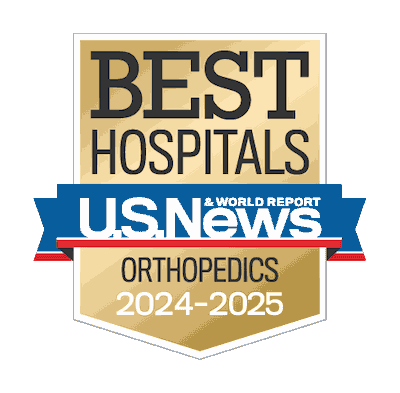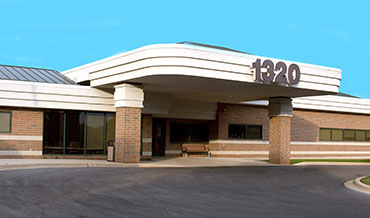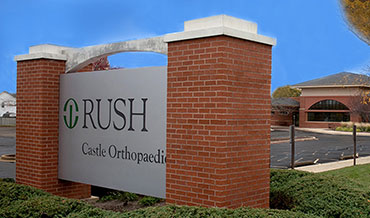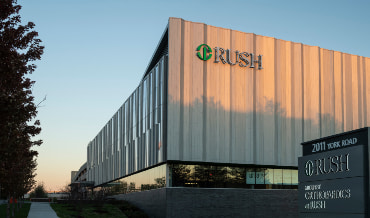The Rush Approach to Cartilage Restoration
If you're young and active, cartilage injuries or defects can do more than just slow you down. If left untreated, they can lead to more serious deterioration and, in severe cases, the need for early joint replacement.
Because cartilage does not heal on its own, Rush orthopedic surgeons offer — and in many cases, helped develop — procedures that either stimulate the growth of new cartilage or replace damaged cartilage. These treatments restore the joint's natural anatomy, enabling normal function and relieving your pain. They can also slow the progression of osteoarthritis and help delay or even prevent the need for total joint replacement.
Cartilage restoration is mostly used in the knee, but Rush surgeons can also treat damaged cartilage in the shoulder, elbow, foot, ankle and hip.
We'll tailor your surgery for your unique anatomy and amount of cartilage damage to make sure you get the best possible results. Our goal is to help you return to an healthy, active lifestyle.
For your convenience, we offer cartilage restoration services at locations across Illinois and Northwest Indiana, including the Rush Cartilage Restoration Center, one of the nation's premier cartilage restoration programs.
Rush Excellence in Cartilage Restoration
- Expertise that informs your care: The Cartilage Restoration Center at Rush University Medical Center was the first center of its kind in the Midwest and one of the first in the nation. We've pioneered a number of treatments and treated tens of thousands of patients — among the most in the U.S. So when we recommend an approach, it's because we are confident that it's the right option for you based on your condition, history and health.
- A full range of proven and innovative treatment options: Our surgeons can transplant grafts (donor cartilage or the patient's own cartilage, including minced cartilage) to fill areas of cartilage loss; implant cartilage cells harvested from the patient to grow new cartilage; or perform a meniscus transplant to replace a meniscus that was previously removed. We combine these procedures with regenerative medicine techniques and biologics (e.g., stem cells, platelet-rich plasma) that shorten healing times and improve healing rates.
- Minimally invasive cartilage transplant: Rush orthopedic surgeons can often perform cartilage transplant procedures using minimally invasive arthroscopic techniques. With arthroscopic surgery, you can leave the hospital and recover faster, with minimal scarring and less risk of infection.
- Research to advance treatment: Rush Cartilage Restoration Center doctors are committed to keeping up-to-date on the latest surgical procedures, and they are also active researchers looking at ways to improve care for patients with joint damage. Through the center, you'll have access to clinical trials for new treatments that are not yet widely available, performed by some of the nation's most experienced cartilage restoration experts.
- Access to leading joint replacement surgeons: If you do have bone-on-bone arthritis or have been told you need a joint replacement, you can access knee, shoulder, elbow, foot, ankle and hip replacement services at locations across the Rush System for your convenience.









